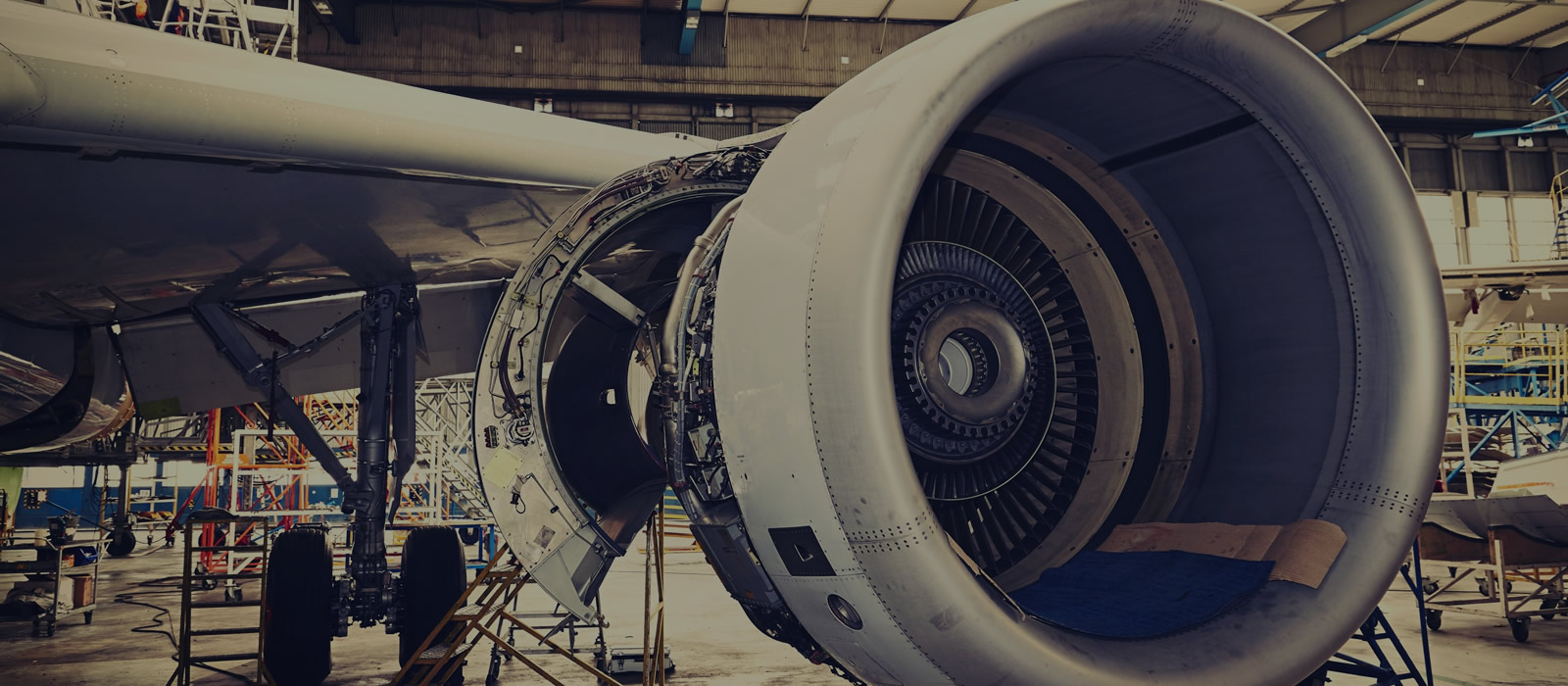AgustaWestland CH-149 Cormorant Search and Rescue Helicopter Simulator
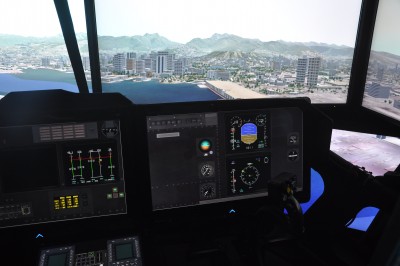
The CH-149 Cormorant Simulator combines detailed out-the-window scene graphics with a complete physical cockpit with a highly representative flight model and aircraft systems simulation. It can be configured to provide either a full-motion, six degrees of freedom experience, or motion cues via a motion cueing seat.
HTC Vive Virtual Reality System
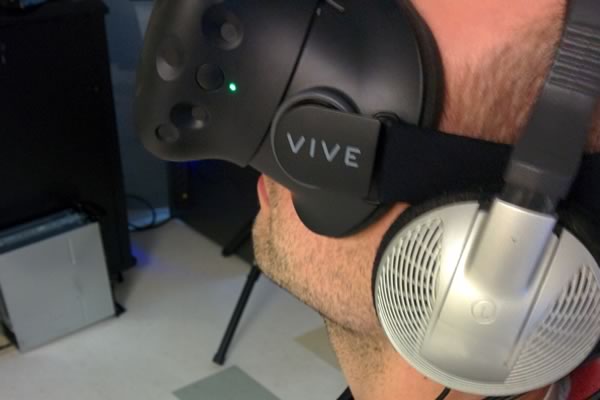
The HTC Vive Virtual Reality system.
Virtual Reality Flight Simulation (Oculus Rift & Vive HTC)
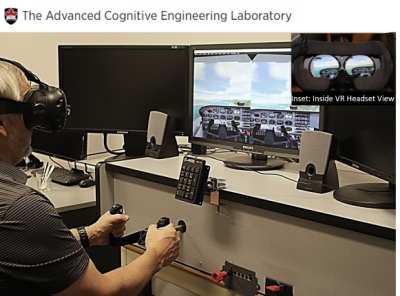
The Virtual Reality Flight Simulation System and Cessna 172 Control Unit
Bell 206 Helicopter Simulator
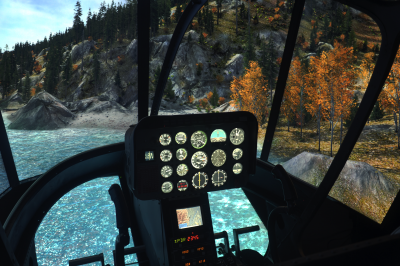
The Bell 206 Helicopter Simulator combines simulation industry technology with gaming industry graphics rendering technology. The result is an immersive, visually stunning experience that provides the level of detail required for low-level helicopter maneuvers.
Oculus Rift Virtual Reality System
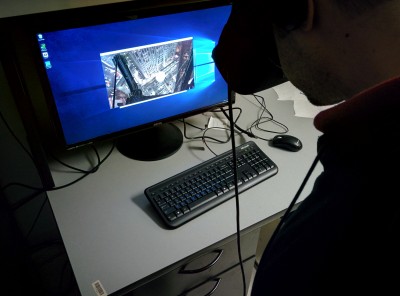
The Oculus Rift Virtual Reality System.
Cessna 172 Fixed Wing Simulator
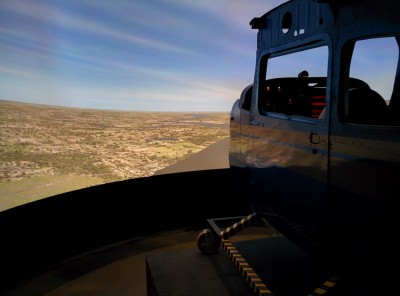
Using the fuselage of a 1966 Cessna 172 Skyhawk our simulator is equipped with real gauges, sound, intercom and radios. ATC can be emulated and detailed scenarios involving other aircraft and changes in the flight conditions can be scripted and controlled. This simulator is being used to support ACE Lab research on cognitive health and pilot safety as well as research on biometric indices of mental workload.
Microsoft Hololens Augmented Reality System
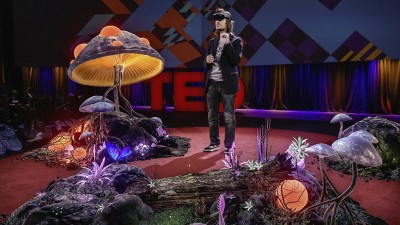
The Microsoft Hololense Augmented Reality System.
CASARA Virtual Trainer
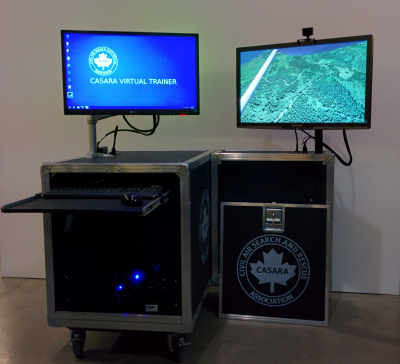
The CASARA Virtual Trainer (CVT) is a complete self-contained simulation system developed to support the training of Civil Air Search and Rescue Association members. The system offers a detailed training syllabus including demonstration simulations for both spotter and navigation trainees. The device itself is a rugged shipping container that is easily “closed-up” for shipping and transportation. More than eighty units have been distributed across Canada.
Broad-Angle Display System
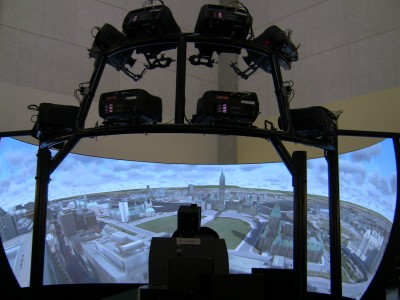
The Broad-Angle Display System (BADS) utilizes eight theater-quality 1080p projectors and a 14ft tall, 180 degree curved screen to create highly immersive visual environments. It is designed with a large “mouth” allowing for rapid interchanging of simulators and structures of different footprints, providing great usage flexibility. The flexibility of the hardware also allows for a diverse software usage allowing the lab to create visuals using a range of professional image generation solutions, commercial game engines and in-house software. Typically, BADS has been used for flight simulation support and cognitive experimentation in virtual environments.
Fast Air Simulator
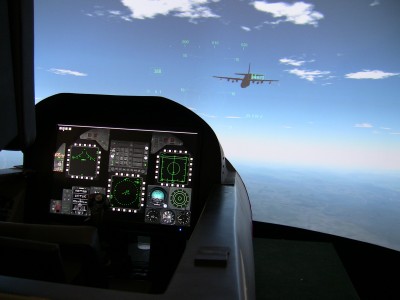
Fast-Air simulation.
Sikorsky S92 Helicopter Simulator
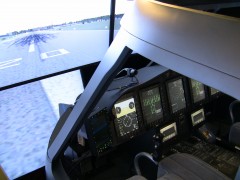
The Sikorsky S92 Helicopter Simulator
Griffon Tactical Trainer (GTT)
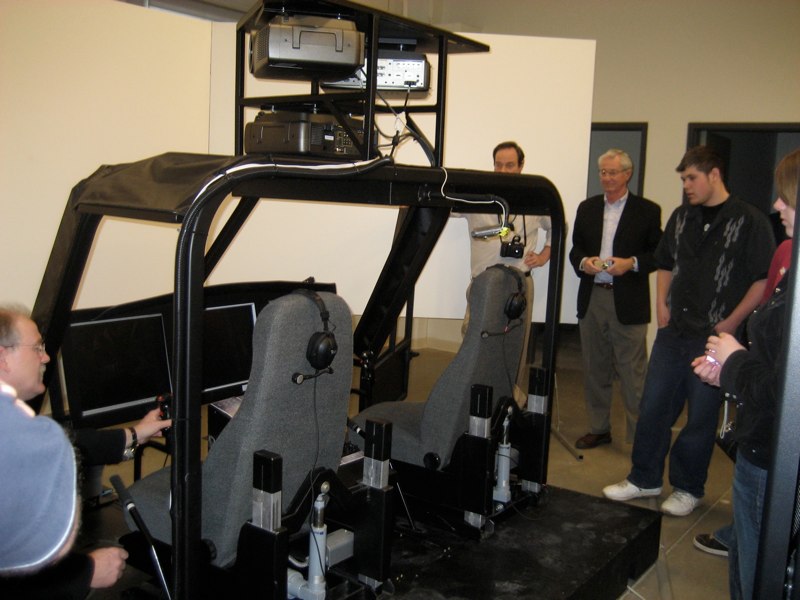
The CH-146 Griffon helicopter simulator provides a development and testing ground for innovative instrumentation, sensor and flight aid tools. The simulator is rapidly reconfigurable and can be used to sample and collect over 80 measures of performance at 60 hz. An experimenter operating system allows the scenario manager to manipulate entities and the environment in real-time. The simulator is HLA-based and can be linked in real-time to other HLA-enabled models and/or simulators for distributed simulation activities.
Moog Full Motion Platform
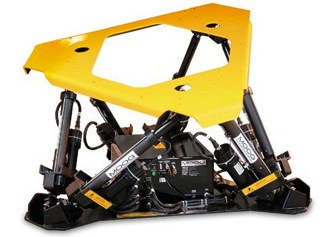
The Moog Motion Platform provides approximately 25 degrees of motion across six degrees of freedom. With a payload of 2200 pounds it is capable of supporting any number of structures or cockpits where simulated motion is desired. It has been used in numerous studies with the goal of assessing to what extent motion interacts with immersiveness.
Wittenstein Force Feedback Helicopter Controls
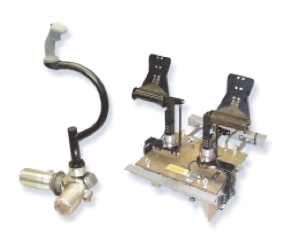
Wittenstein Helicopter Controls
FaceLab Eye-Tracking System
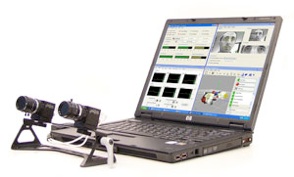
The FaceLAB 4.3 system developed by Seeing Machines allows us to track eye, head and eyelid movement in real time. It features two lens cameras, three IR sensors and can be installed in virtually any environment. Operating non-intrusively, with no head-mounting or magnets required, it is robust in handling eye occlusions and even with the subject leaving the viewing area.
